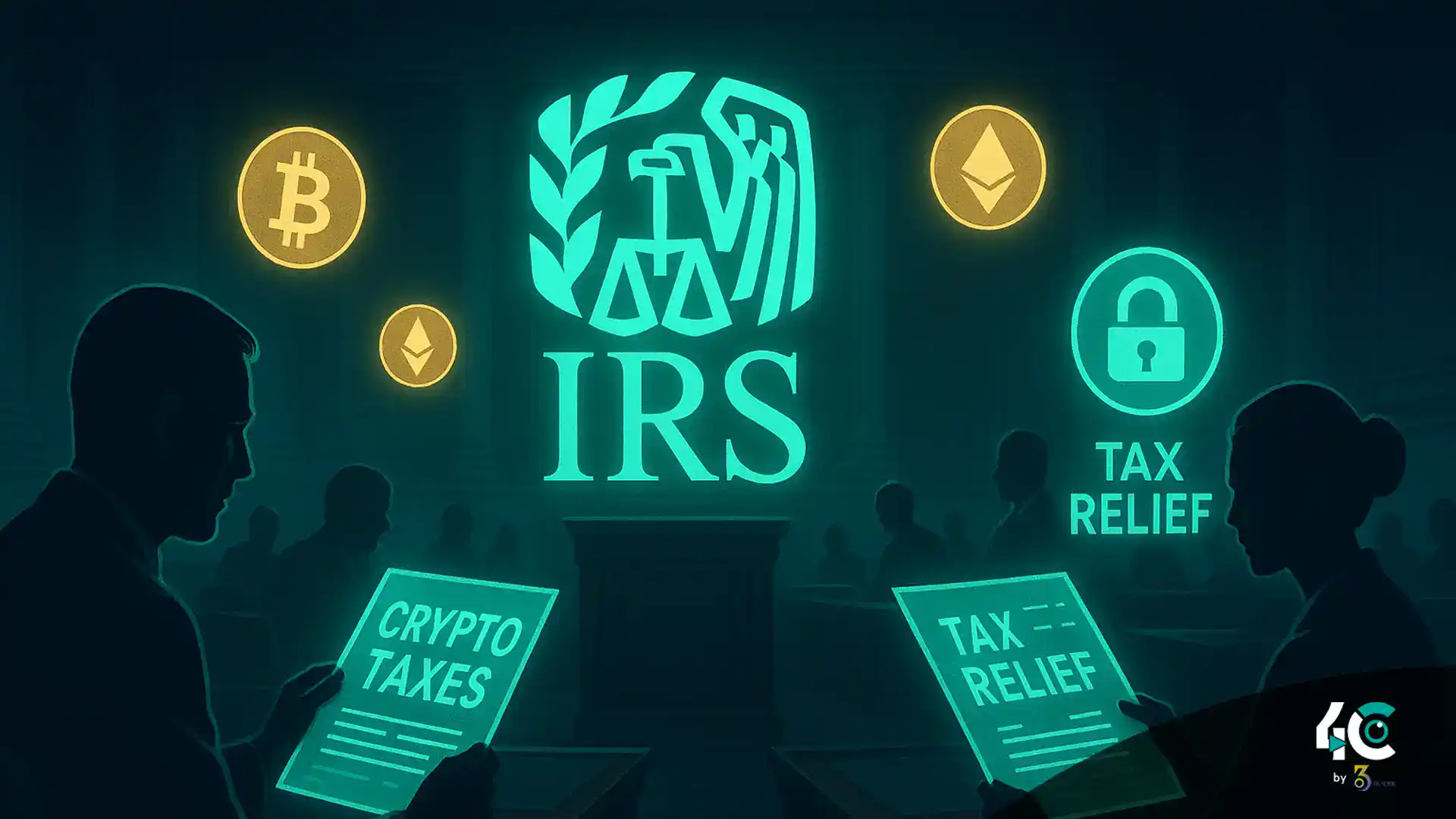🏛 Senate Finance Committee Reviews Crypto Taxation
The Senate Finance Committee is set to review cryptocurrency taxation following interim guidance issued by the U.S. Department of the Treasury and the Internal Revenue Service (IRS). The hearing is scheduled for Wednesday to discuss measures that make corporate crypto taxes easier to comply with.
The guidance specifically addresses the Corporate Alternative Minimum Tax (CAMT) established under the Inflation Reduction Act of 2022. CAMT imposes a 15% minimum tax on financial statement income of large corporations, including those operating in the digital assets space.
💰 IRS Guidance Provides Relief on Unrealized Crypto Gains
The interim notices, Notice 2025-46 and Notice 2025-49, clarify complex aspects of CAMT and temporarily reduce compliance burdens until final regulations are released.
Notice 2025-49 allows firms holding digital assets to ignore unrealized gains or losses from cryptocurrency when calculating CAMT. This guidance could significantly impact ownership of digital assets under applicable financial accounting standards.
Companies like Michael Saylor’s Strategy holding over 640,000 Bitcoin — worth more than $13.5 billion in year-to-date unrealized gains — benefit from the interim relief. Without it, such firms could face substantial CAMT liabilities.
Also Read : US Senate Finance Committee to Hold Hearing on Crypto Taxation
🏛 Senate Hearing to Shape Digital Asset Taxation
The hearing, titled “Examining the Taxation of Digital Assets,” will feature testimony from leading crypto tax experts including:
- Lawrence Zlatkin – VP of Tax at Coinbase
- Jason Somensatto – Policy Director at Coin Center
Finance Committee Chair Mike Crapo will preside over the session.
Following recommendations from the White House Digital Asset Working Group, the hearing aims to help lawmakers recognize cryptocurrency as a distinct asset class and adopt tax rules specifically tailored to digital assets.
This development could significantly shape the US crypto tax framework, helping businesses navigate the intersection of conventional corporate taxes and the rapidly evolving digital asset market.



























